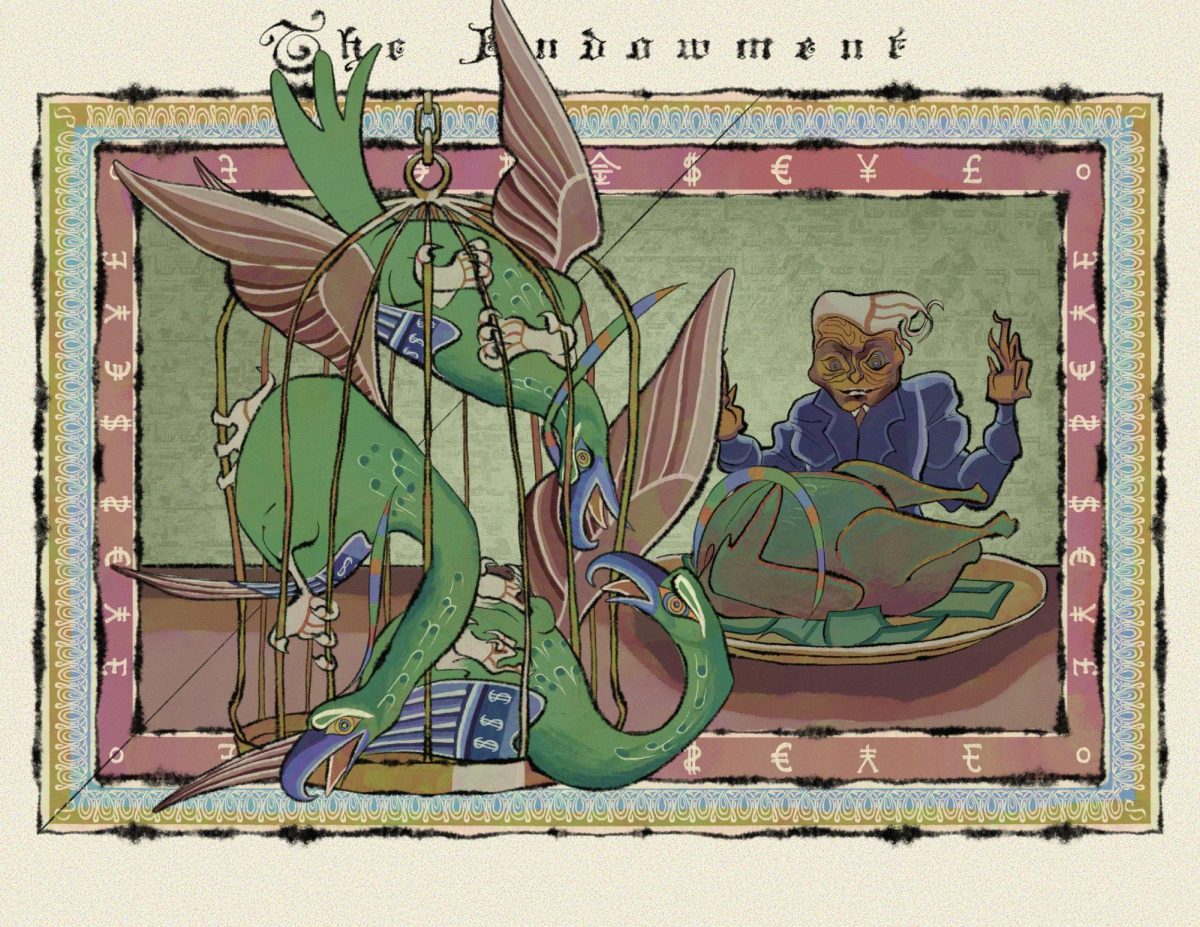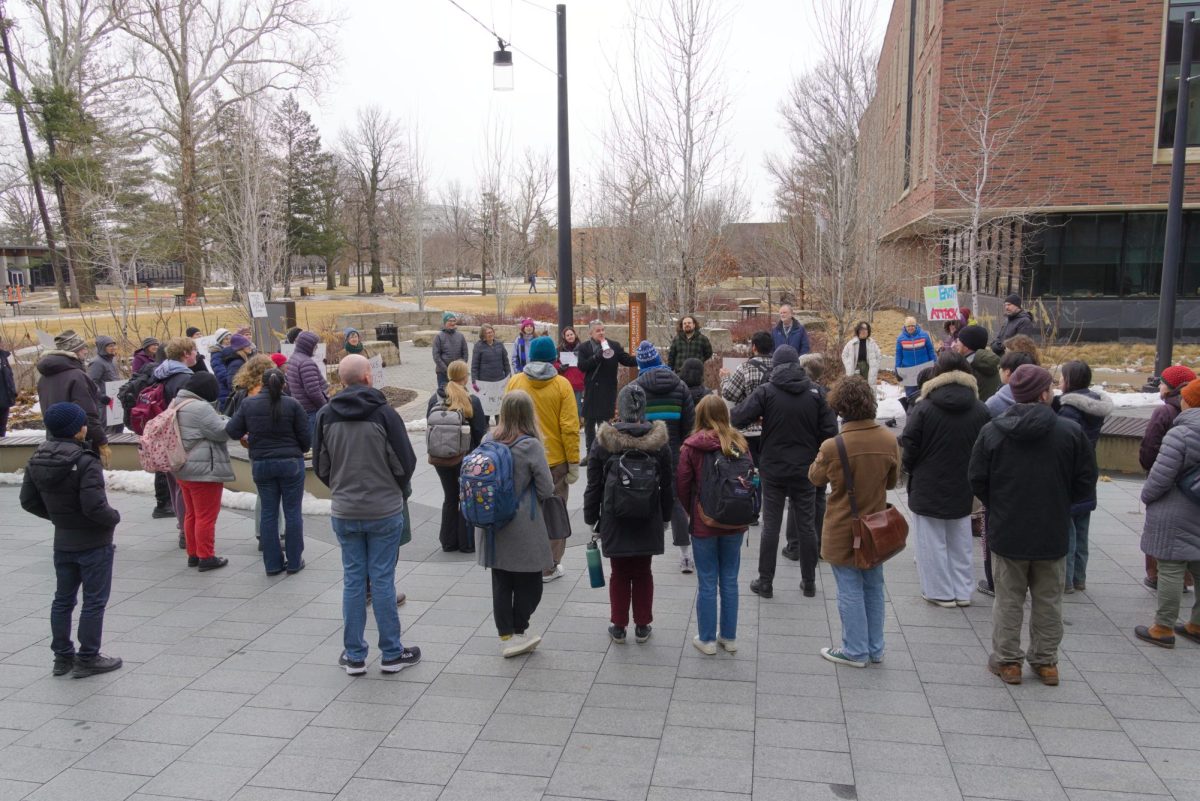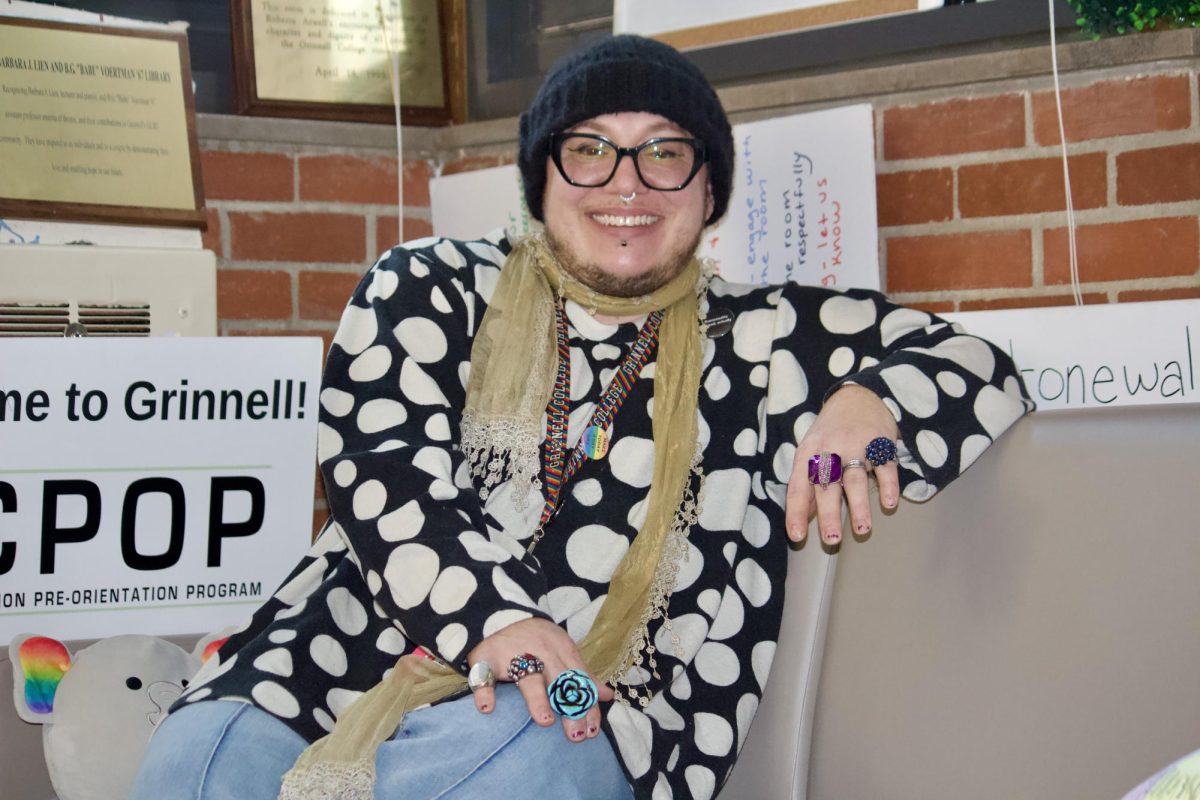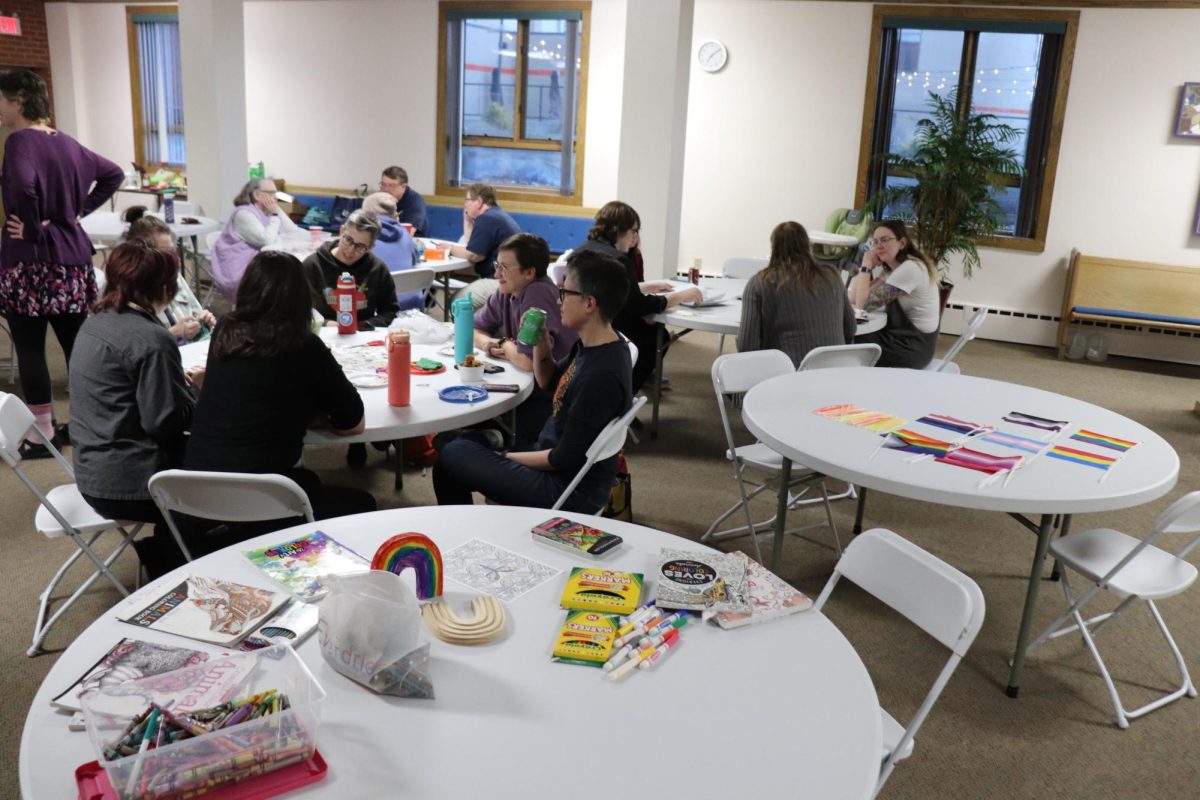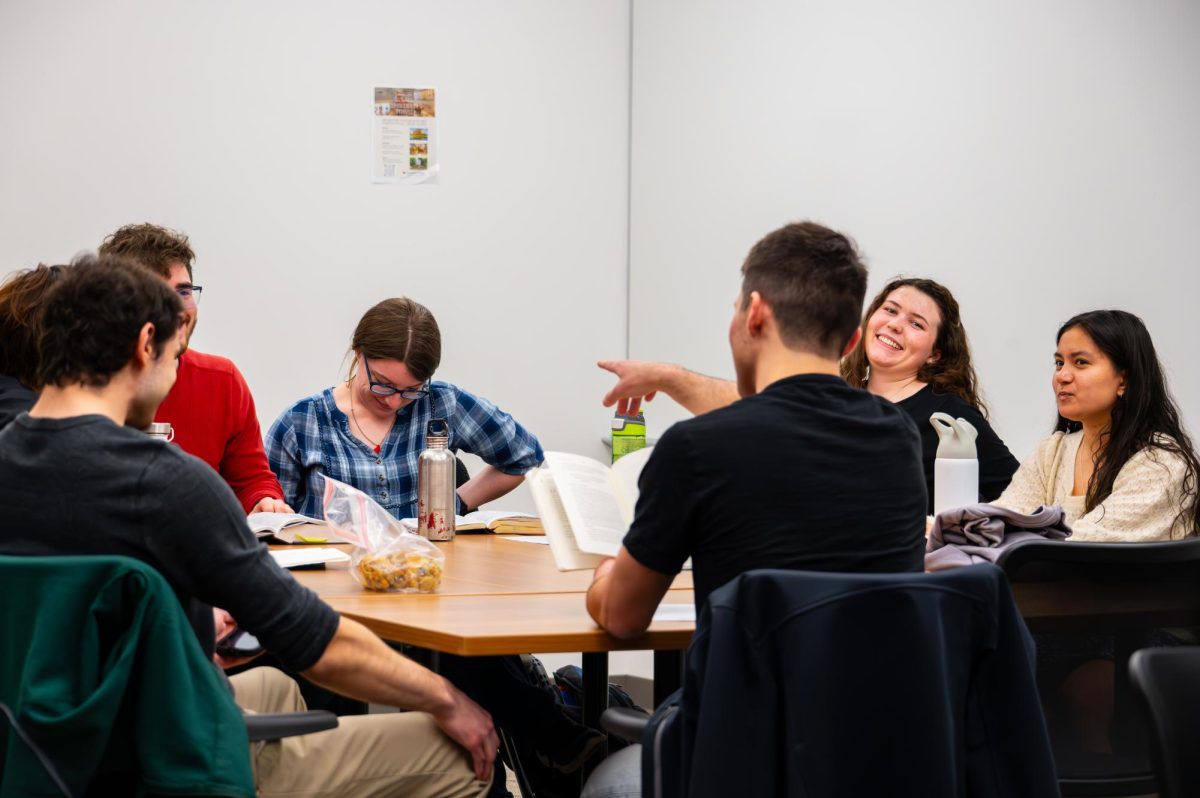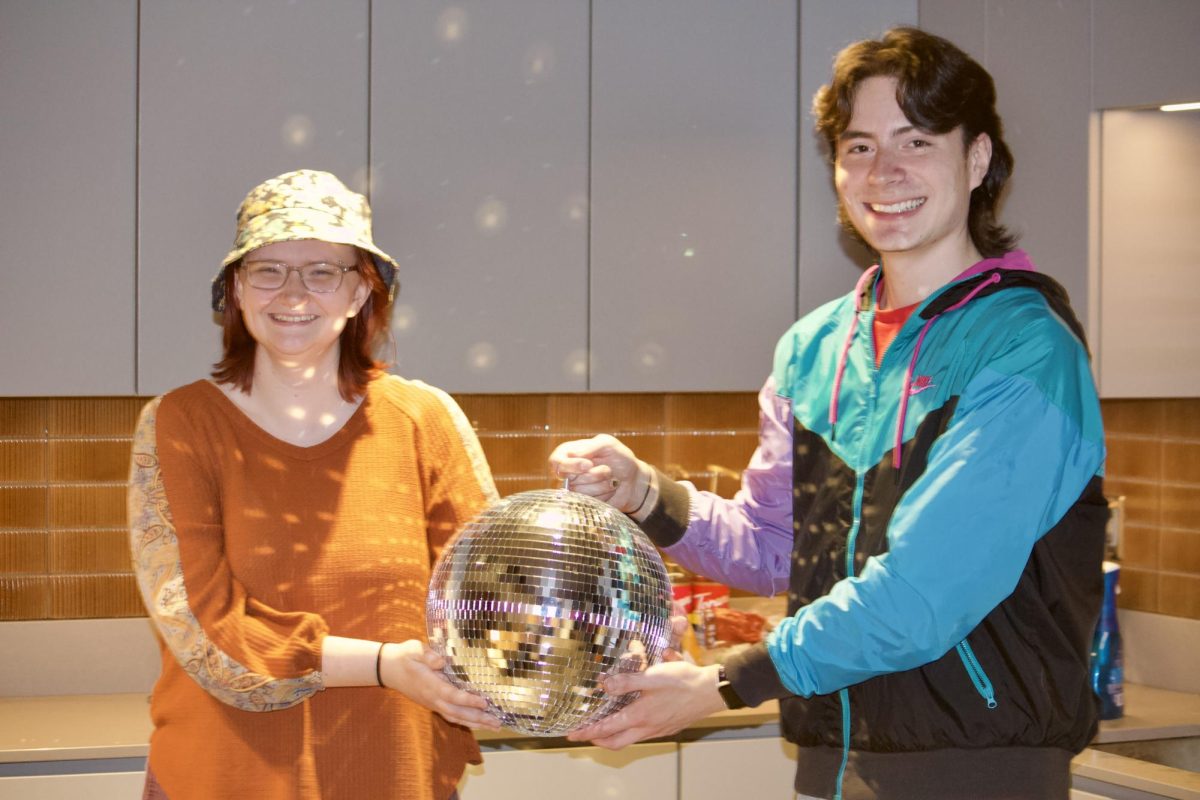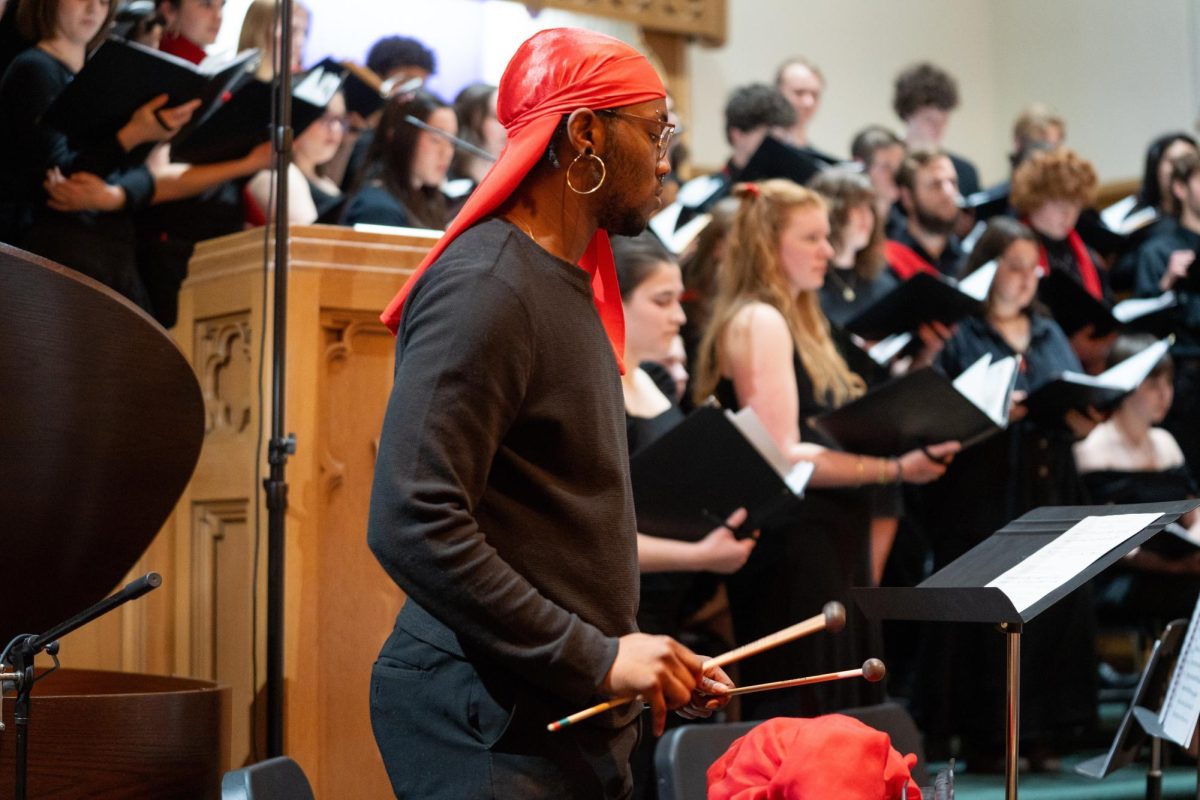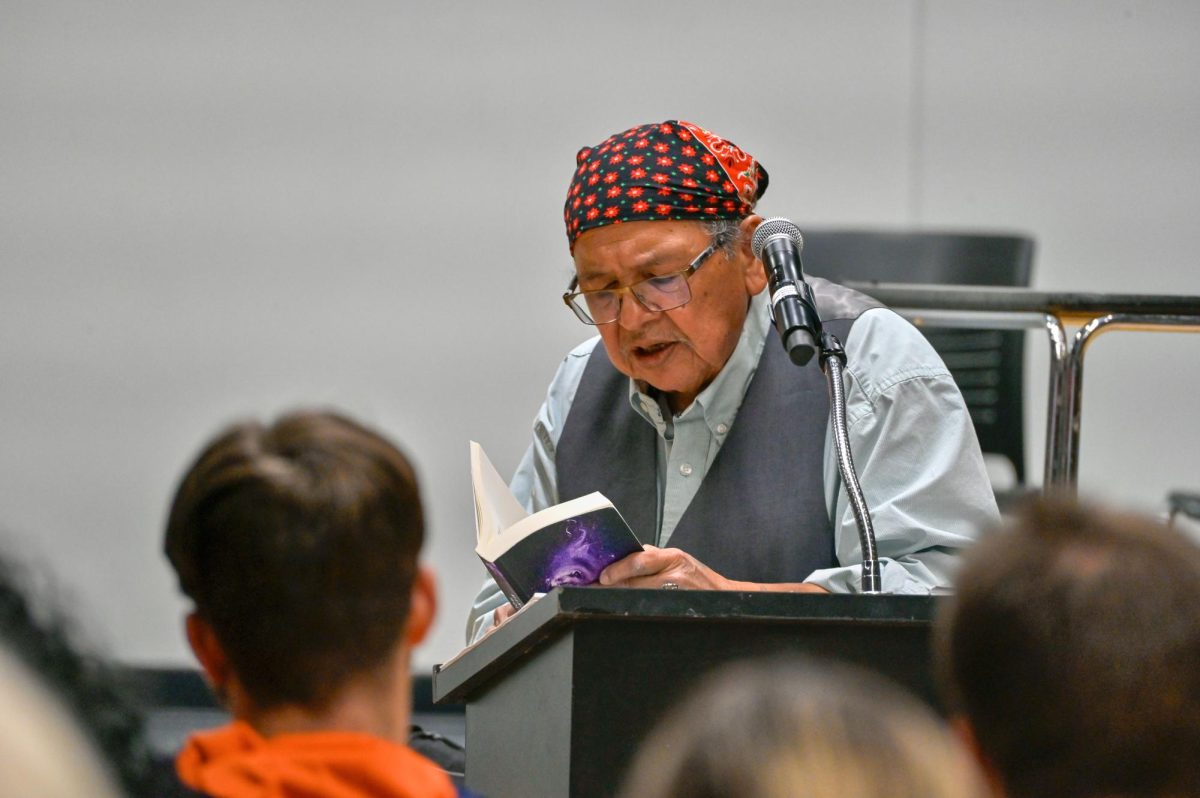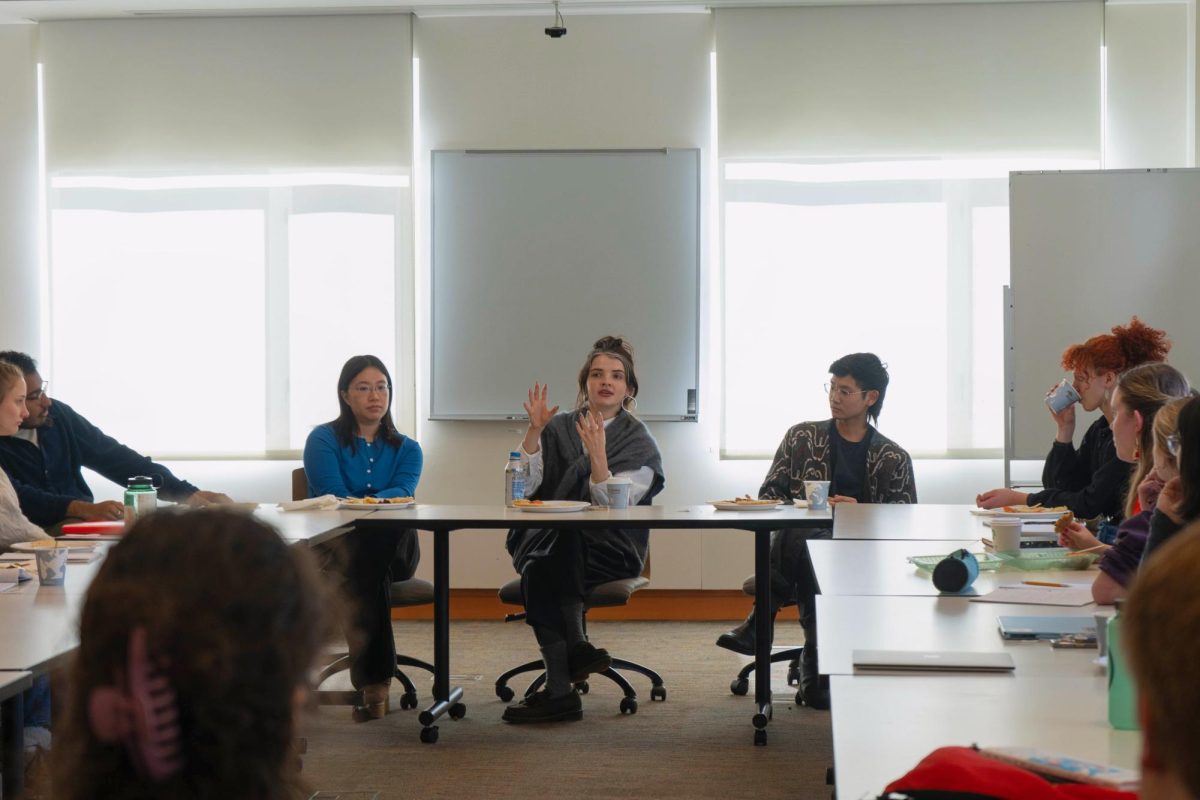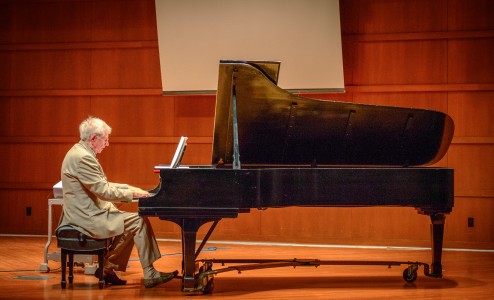
On Monday, Oct. 6, visiting composer and pianist Brent Parker performed a selection of his works in Sebring-Lewis Concert Hall. Parker was brought to campus by the Center for International Studies in conjunction with the Sociology Department and the American Studies concentration. His visit marks the first time an international visitor has worked with students and professors outside the Music Department.
Parker’s concert was staged alongside a short film produced by students in the Sociology of Race and Ethnicity class taught by Professor Kesho Scott, Sociology and American Studies. The film was created as part of a project using music to explore ethnic identity. Scott said she hopes that working with Parker can provide students with an opportunity to examine ethnicity outside the realm of everyday interactions.
“For many students, the idea of being raced and doing ethnicity is so in our face all the time,” Scott said. “I thought that a way for them to better understand it was to look at the life of someone else.”
Scott also said she believes that Parker’s classical style and international career can challenge students to make connections, and ultimately provide insight into students’ own experiences as Americans.
“Mr. Parker’s life experience … has crossed borders and boundaries and cultures, and in many ways, our American experience makes that happen for us,” Scott said.
Parker began his musical career by taking piano lessons as a young boy. After long hours of practicing began to affect his muscular health, Parker turned to composing.
During his early years, Parker struggled to find his place in the world of classical music. A native of New Zealand and a self-proclaimed WASP, Parker felt that his background was limiting.
“I had to come to grips with the fact that I didn’t come from a background of a huge wad of music like … if I was German or Italian or Spanish or French. But I decided that I could do what I liked with music,” Parker said. “It was my choice, and that was a nice place to arrive at.”
Since then, Parker has used his music to explore other ethnic identities, and has said that location and identity do not restrict his access to different types of music.
“The music has its own ethnicity,” Parker said.
His career took him to France and eventually Ireland, where he really began to explore ethnicity and nationality with his music.
Parker’s first piano concerto took him outside the conventional bounds of his own ethnic identity. Inspired by footage seen during his time in France, Parker composed a piece on the Hungarian Uprising of 1956. The piece was performed in Dublin in 1996 to commemorate the 40th anniversary of the revolt. Although Parker was not in Hungary during the revolt, he used his music and creativity to create a piece reminiscent of the Hungarian experience.
Scott said she finds this work particularly inspiring and that she believes it can help students to understand the importance of ethnic music as a platform for activism.
“[Parker] has been magnificent to help them see that music has a history,” Scott said. “Music can be used to help social justice causes.”
Outside of his performance, Parker has been using his time in Grinnell to speak with students and compose new music. Parker has used his new work to paint a picture of Grinnell through music, composing pieces that depict squirrels and cornfields both visually, as notes on the page, and audibly.
Parker said that composing in Grinnell is no different from being anywhere else, and that he carries his ethnic identity and his big musical ideas with him everywhere he goes.
Thus, although Scott and her students have used Parker to explore different ethnic identities, it may also serve as an illustration of the power of music as a uniting force across cultures.
“Anybody can play classical music … anybody can access it and anybody can enjoy it,” said Parker. “I think people react to music … [in] the same way.”
Scott found that this philosophy and the entirety of Parker’s work in Grinnell has provided a strong example of intersectionality for her students.
“[A] goal of the class is … to realize that a subdivision of sociology is a study of race and ethnicity,” Scott said. “Race and classical music and globalization can really come together in the work of an artist.”


